Some may argue that you cannot fault the quality or features of free software, so if MS Office still offers a few bells and whistles that are a tad more polished than their OOo counterparts, a potential user need simply decide if these refinements are worth £200+. Yet OOo Writer has emerged not only as
⋯Page 9
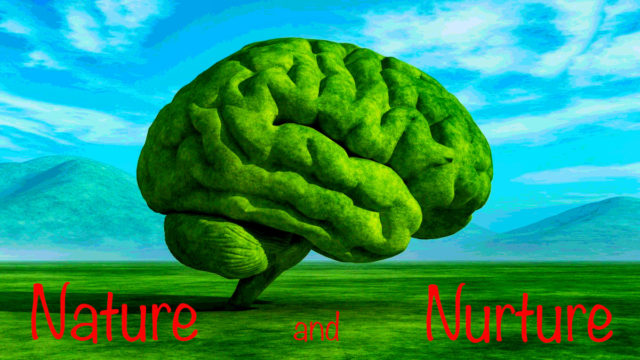

Two add Two equals Five because Four is a Racist Number
Racism, or more correctly in most cases xenophobia, is matter of ethics. It seems fair to conclude that racism has no place in any caring society because nobody benefits from being victims of prejudice based on arbitrary ethnic distinctions. In the real world prejudice is a natural by-product of extreme variations in wealth, rampant materialism,
⋯environment
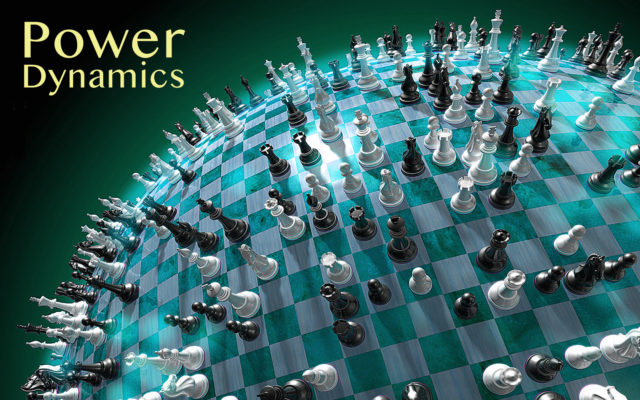
You're just an Individual
Whether you read psychiatric literature, social work reports or listen to the speeches of leading politicians, you’ll find ordinary citizens increasingly referred to not as women, men, people, human beings or citizens but as individuals. Whether you lead an atypical lifestyle, are considered to suffer from a disorder or disease, are addicted to an obsessive
⋯Linguistics
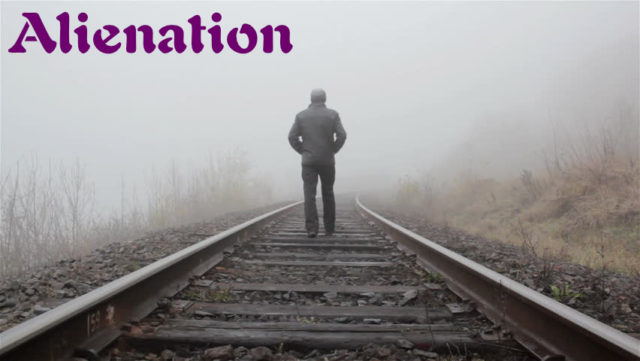
Globalitis: Why Economic Migration is not always Good News
This Wednesday’s Independent (UK edition, 26/07/06) ran a front page story spilling over to page two under the heading “Outstanding: Official Verdict on school that shows the success of immigration“. It featured a fabulous inner London primary school with twenty six pupils and twenty six languages, all apparently excelling academically and growing up bilingual in
⋯limits to growth

What is Open Source and why should you care?
Operating systems and productivity software are very much here with us to stay. The millions of person hours invested in the development of the powerful programmes many of us use every day will serve hundreds of millions of users for generations to come. Only five years ago a typical desktop system may have cost as
⋯
Why are you using still using Microsoft Internet Explorer?
You may just be wondering why it matters. Microsoft have their operating systems on over 90% of the world’s desktops and these just happen to ship with IE as the default browser. Not only that some sites use code specifically designed for Microsoft technologies like Active-X, so why not just take it easy and reap
⋯
A Curious Exchange on Gambling
I belong to the school of thought that views happiness as a state of emotional equilibrium in which one’s desires and material expectations are socially and environmentally sustainable. Should one feel unable to attain the required dose of desires in a highly competitive setting, this can indeed lead to too much misery. The broad theme
⋯gambling

Who Needs Psychiatry?
Most human beings have undergone moments of emotional disturbance and have at times engaged in unwise and irrational behaviour due to inexperience, extreme stress or intoxication. Our unconscious may have created sensory illusions, echoes of past ordeals. Many of us have felt the need to withdraw, if only temporarily, in a world of our own.
⋯
Managing Public Opinion
The Strange Case of Twelve Islamophobic Cartoons Over the last week the publication of a cartoon portraying the prophet Mohamed as a terrorist has dominated the Western European media sparking a phoney debate about freedom of expression from the very people who misled us about the recent invasion of Iraq. On one side we have
⋯free speech

Today's Hate Hour
“Today we’re dedicating our hate hour to an evil man, suffering from a chronic psychopathic sexual disorder. He deserves only contempt and should bury himself under the nearest rock. This man was caught viewing paedophiliac images on the Internet. We don’t have any evidence linking him to real-life sex crimes, but are in no doubt
⋯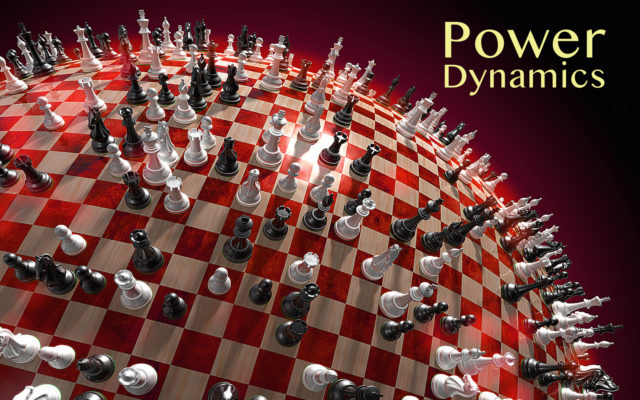
Multiculturalism would be a good idea
To paraphrase Gandhi “Multiculturalism would be a good idea“. Cultural diversity is a wonderful idea and as a speaker of 5 languages with bilingual kids, as someone who’s been the sole white guy in a provincial Zambian town, the sole non-Indian in a suburban Delhi apartment block, steered clear of gringos during a trek across
⋯human rights
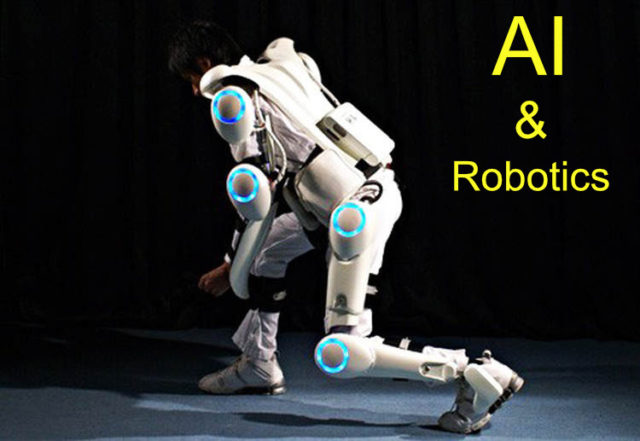
We Care about those who disagree
Samantha Stasy is a loyal Labour MP who genuinely cares about the physical, emotional and mental wellbeing of her constituents. Every week she holds a surgery providing local electors with a forum in which to air their grievances. “I believe it is essential to stay in touch with our electors, listen carefully and help them
⋯free speech
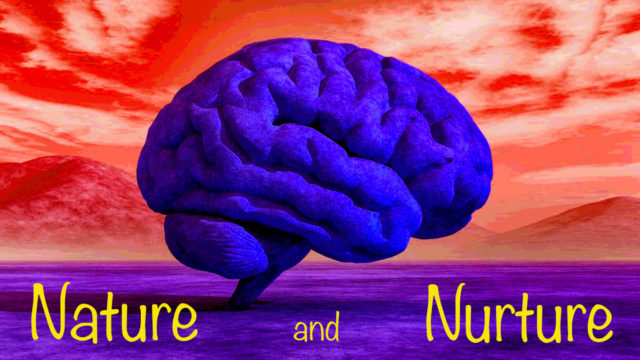
The Arbitrary Extension of the Autistic Spectrum
Over the last twenty years we have witnessed a semantic shift in the concepts of autism and the wider autistic spectrum. The former may assume three broad definitions: A mental condition devoid of a theory of mind with which to relate to other human beings. In this sense we all start life in an autistic
⋯All in the mind, human rights

Non-Web Formats
The Internet is a collection of interlinked documents distributed in open formats compatible with the greatest number of heterogeneous operating systems and devices. The World Wide Web’s standard text markup language is HTML, which has undergone numerous revisions since the Internet’s rapid expansion in the early 1990s. XML, in many ways a descendent of the
⋯
Reclaiming Word
If you own a computer, you probably have some form of word processor. Whether you need to type a report at work or a letter at home or maybe just a short shopping list, chances are you think you need Word or rather Microsoft Word TM . How could we possibly manage without WordArt, ubiquitous
⋯
Is AS really on the Autistic Spectrum or are we just redefining Autism?
The overall message we get from the growing AS/Autism support industry is that we are part of the autistic spectrum and we have a psychiatric disorder, even if the language used by professionals when addressing us is much more diplomatic. I agree we have problems with socialisation and manifest behavioural traits that come under the
⋯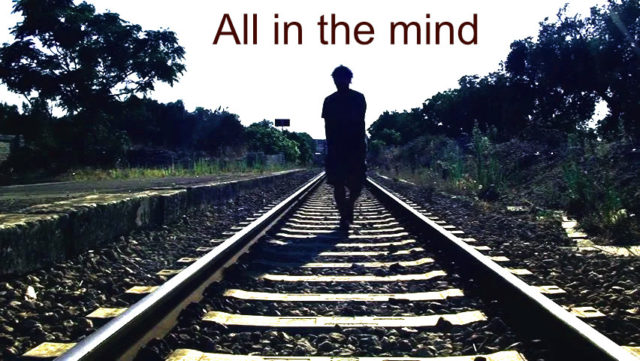
Is Asperger's a Learning Disability?
Currently many services for both children and adults diagnosed with the Asperger’s Difference fall under the umbrella of learning disabilities. Indeed some professionals seem eager to broaden the definition of learning disabilities to encompass a whole host of individuals whose learning patterns may diverge somewhat from the norm. To confuse matters more the term is
⋯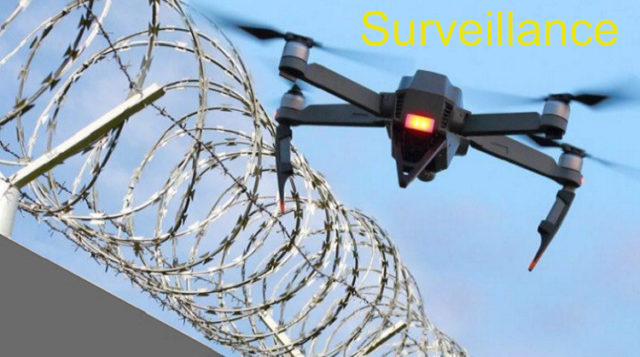
Obsessive Delusional Heterodoxy Disorder (ODHD)
Most people have an aptitude for teamwork and instinctively know when constructive discussion and even new ideas are both welcome and socially advantageous. But some are not so fortunate. They live in a state of paranoid fear and dismiss conventional wisdom on most issues, often leading to obsessional interest in erudite subjects, sympathising with tyrants,
⋯All in the mind, hegemony, Linguistics

AS vs Autism Neuroimaging
Arch Gen Psychiatry. 2004 Mar;61(3):291-8. Investigation of neuroanatomical differences between autism and Asperger syndrome. Lotspeich LJ, Kwon H, Schumann CM, Fryer SL, Goodlin-Jones BL, Buonocore MH, Lammers CR, Amaral DG, Reiss AL. Department of Psychiatry and Behavioral Sciences, Stanford University School of Medicine, Stanford, California 94305, USA. Linda.Lotspeich@stanford.edu CONCLUSIONS: Lack of replication between previous autism
⋯
Dear Blairite MP,
Dear Ms Rachel Squire, The record shows that you have consistently supported the government on matters of war. In my humble opinion, all recent military interventions have directly inflicted death and destruction and sown the seeds of more interethnic violence. I doubt you have time to investigate the complex history of foreign involvement in civil
⋯
Report from Cambodia and North Vietnam
We spent the first few days in Phnom Penh, the capital of Cambodia, speaking to government leaders…. Then we went to Svay Rieng where, after meeting with the provincial governor, we were taken to the border at Bave – this is the border with South Vietnam. It was interesting to see that in Bave there
⋯
Empiricism and Idealism
Our species has evolved a curious form of opportunistic altruism, in short the notion that we benefit by caring for one another, while each individual strives insofar as possible to enhance his or her own social status, personal security, wealth and power. Thus much political debate concerns the dichotomy between the common good and individual
⋯communism, environment
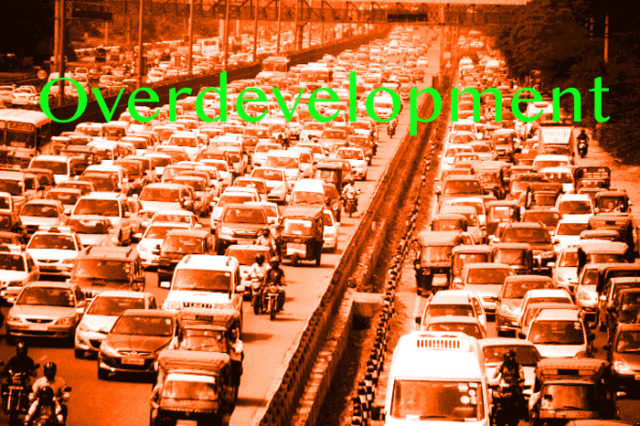
Technical Aspects of Fragmentation Bombs
In Vietnam the Americans are utilizing a new type of anti-personnel arm based on the following principle: a hollow metallic envelope into which are cast certain projectiles such as ball-bearing-like pellets, needles, etc., numbering into the hundreds. These explode on the ground or in the air to fire the projectiles in a sunburst pattern for
⋯
Technocracy and Science
Science Study of the physical world and its manifestations through empirical observation of natural phenomena and monitoring of systematic experimentation. Technology the study, development, and application of devices, machines, and techniques for manufacturing and productive processes Technocracy Power based on the control of technology in which scientists, engineers and technicians useful to the ruling class
⋯environment

The Population Factor
“The modern plague of overpopulation is solvable by means we have discovered and with resources we possess. What is lacking is not the sufficient knowledge of the solution, but the universal consciousness of the gravity of the problem for billions of people who are its victims.”Martin Luther King quoyte on population Key Concepts The single
⋯environment
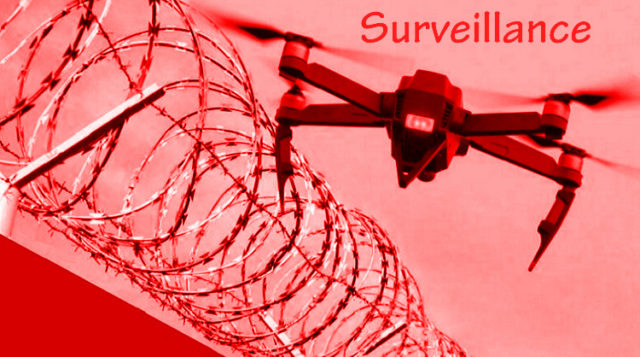
Dear Tony
In all honesty, hand on heart, do you seriously believe the main motivations of the US administration behind the occupation of Iraq were to rid the world of weapons of mass destruction, overthrow a tyrant, combat terrorism or spread democracy? On these counts your mission has failed dismally. The world is still plagued by WMDs,
⋯
The United States in Vietnam 1944-66: Origins and Objectives of an Intervention
The United States in Vietnam 1944-66: Origins and Objectives of an Intervention The intervention of the United States in Vietnam is the most important single embodiment of the power and purposes of American foreign policy since the Second World War, and no other crisis reveals so much of the basic motivating forces and objectives –
⋯
Report from North Vietnam
I arrived in Hanoi on the evening of 30 December 1966. The following afternoon I inspected bomb damage in Hanoi. This was the result of raids on 2, 13 and 14 December 1966. We were informed that some 450 bombs had been dropped altogether in the course of these attacks. The 2 December raid hit
⋯
Inaugural Statement
Our Tribunal was formed, on the initiative of Lord Bertrand Russell, to decide whether the accusations of ‘war crimes’ levelled against the government of the United States as well as against those of South Korea, New Zealand and Australia, during the conflict in Vietnam, are justified. During this inaugural session, the origin, function, aims and
⋯
By persuasion if we can, but by coercion if we must!
The liberal media’s reaction to reports of widespread abuse and torture of Iraqi detainees by US and UK military personnal marks a psychological turning point in the current phase in the sole superpower’s war for total global domination. Recent interventions have been justified in one way or another by our moral superiority, our more advanced,
⋯
Speech to the First Meeting of Members of the War Crimes Tribunal, London, 13 November 1966
Allow me to express my appreciation to you for your willingness to participate in this Tribunal. It has been convened so that we may investigate and assess the character of the United States’ war in Vietnam. The Tribunal has no clear historical precedent. The Nuremberg Tribunal, although concerned with designated war crimes, was possible because
⋯
Foreword to the 1967 International War Crimes Tribunal
“We are not judges. We are witnesses. Our task is to make mankind bear witness to these terrible crimes and to unite humanity on the side of justice in Vietnam.” With these words, Bertrand Russell opened the second session of the International War Crimes Tribunal, in November 1967. The American people were given no opportunity,
⋯